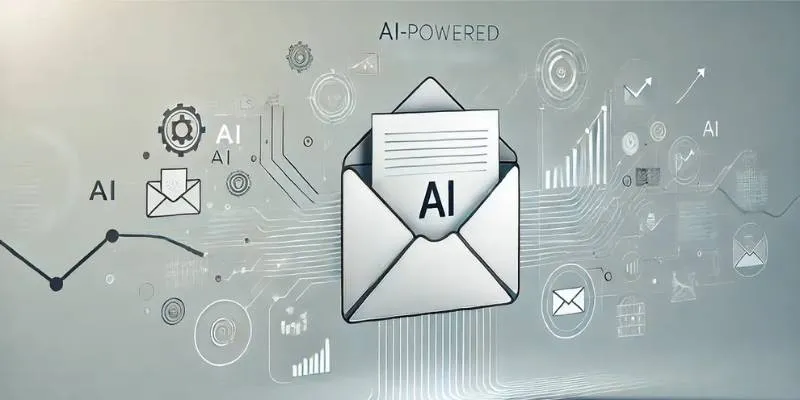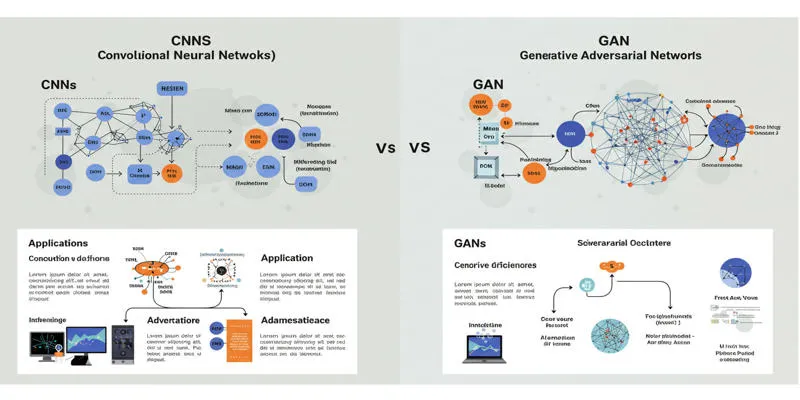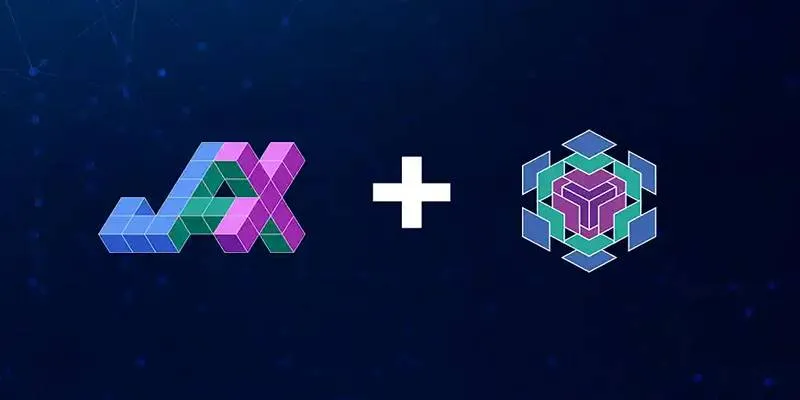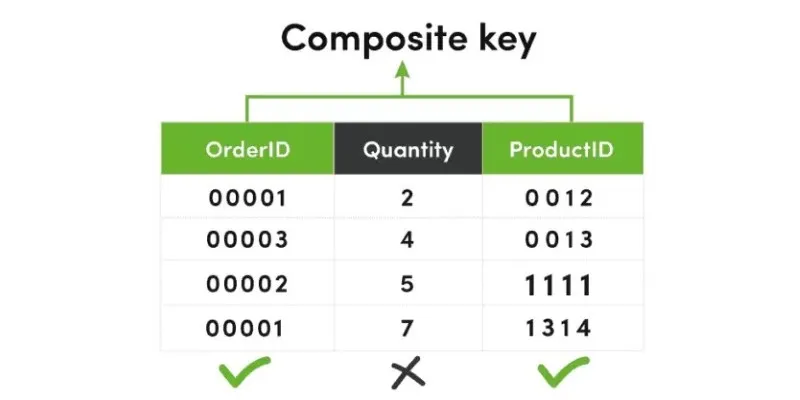Search engine optimization used to be a waiting game. You’d post something, tweak your keywords a little, and hope it clicked with Google. But with AI stepping in, things are far more precise now. Especially if you’re using WordPress, there are so many AI tools and plugins that help you make better content decisions, get more traffic, and avoid the guesswork. Whether you’re running a blog, a business site, or something in between, here are ten ways you can improve your SEO with AI—each one doing something a little different, but all of them matter.
10 Ways to Improve SEO with AI in WordPress
1. AI Writing Assistants Help with Content Clarity and Flow
Tools like Writesonic, Jasper, and ChatGPT can now help you shape your content in a way that flows naturally while still being optimized. The best part? They don’t just stuff keywords into sentences—they guide the structure, suggest rephrases, and even point out when a sentence might be too long or confusing. That means fewer fluff paragraphs and more clarity, which leads to better rankings. If you’ve been stuck with messy intros or weak transitions, AI can clean that up in seconds.

2. Smarter Keyword Suggestions Based on Your Topic
Old keyword tools gave you a list of popular search terms, and that was about it. Now, plugins like Rank Math and Surfer SEO use AI to understand what your article is about and recommend keywords that match real intent. So, instead of guessing what someone might type in, you get phrases that are being used right now, and that actually relate to what you’re writing. It’s not just about volume anymore—it’s about relevance.
3. Automatic Internal Linking to Boost Page Views
Linking one blog post to another helps keep visitors on your site longer, which is great for SEO. But doing it manually takes time, and most people forget to go back and update older posts. AI tools like LinkWhisper scan your entire WordPress site and suggest link opportunities on the spot. So, if you write about “WordPress speed optimization,” it might automatically recommend a link to your older post on “best caching plugins.” And yes, it even inserts the link for you.
4. Real-Time SEO Score and Suggestions While You Write
One of the most useful features of tools like Yoast SEO Premium and Rank Math Pro is their real-time feedback. As you type, the AI checks your headline, meta description, keyword density, readability, and image alt text. If you’re overusing a word, it tells you. If your paragraph is too long, it flags it. Since it works with the WordPress editor, you don’t need to go back and forth between tools. You fix as you go, which saves a lot of time.
5. Image Optimization with AI For Faster Loading
Images can slow your site down a lot if you’re not careful, and speed affects your ranking. Plugins like ShortPixel and Imagify use AI to compress images without making them blurry. That way, you still get high-quality visuals, but they load faster and take up less space. Some of them even generate next-gen formats like WebP automatically. It’s one of those behind-the-scenes upgrades that quietly makes a big difference.
6. Generating SEO-Friendly Alt Text and Captions
Not everyone remembers to add image alt text, but it’s important for both accessibility and SEO. AI plugins like AltText.ai or the AI features in Jetpack scan your images and suggest text based on what’s in the picture. So instead of uploading a photo and leaving it blank, you get a quick suggestion like “A person holding a WordPress mug” or “SEO chart on a laptop screen.” It takes a few seconds and improves your image rankings in search.
7. AI-Based Headline Analyzers for Better Click-Through
Writing a headline is harder than it looks. It needs to grab attention, stay under a certain length, and still make sense. Tools like CoSchedule Headline Analyzer and Scalenut use AI to score your titles based on engagement, sentiment, and keyword use. So, instead of settling for something like “How to Boost SEO,” you might get a suggestion to use “10 Fast Ways to Improve SEO With AI.” That tiny change can make a big difference in clicks.
8. Content Refresh Suggestions Based on Current Trends
Search engines love fresh content, but that doesn’t mean you have to rewrite everything. Some tools like MarketMuse and Frase scan your existing content and compare it with top-ranking articles. Then they tell you what’s missing. Maybe your old post on “WordPress plugins” needs a new paragraph about AI tools. Or maybe your list is outdated. Instead of starting over, AI shows you where to patch things up.
9. Voice Search Optimization with Natural Language Phrasing
People are talking to their phones more than they’re typing now, and that changes the way keywords work. Tools like Surfer SEO and Clearscope now include suggestions for questions and voice search phrases. So, instead of writing “best WordPress themes,” you might add lines like “What is the best theme for a blog in 2025?” These tweaks help your content show up in voice results, which is something Google’s been focusing on more and more.

10. Tracking Competitor Content and Gaps Using AI
Keeping an eye on your competitors doesn’t mean copying them. It means seeing what they’re ranking for that you’re not. Tools like SEMrush’s AI features or Outranking.io look at what’s working on other sites and show you content gaps. For example, maybe your competitor has five posts about AI SEO tools, but you only have one. That gives you a clear direction. Instead of guessing, you get a plan based on actual data.
Final Thoughts
AI won’t magically fix your SEO overnight. But if you use the right tools inside WordPress, the process can be made easier, faster, and smarter. From writing and keyword research to linking and image optimization, there’s no area where AI can’t step in and help. The best part? You don’t have to be an expert to use any of this. Just start small and let the tools guide you.
 zfn9
zfn9






















